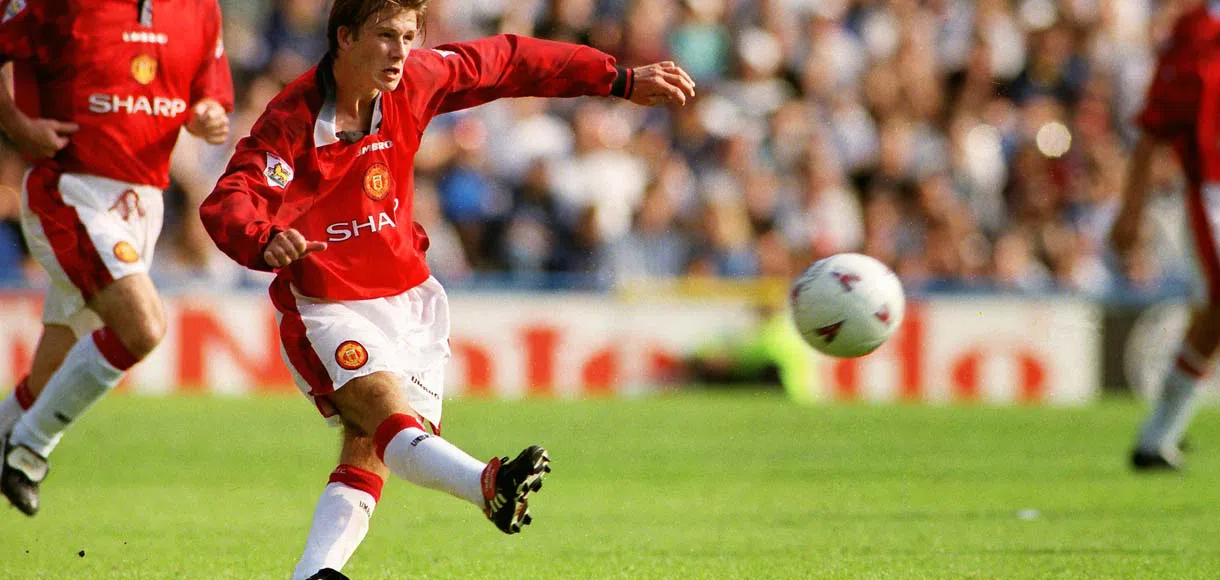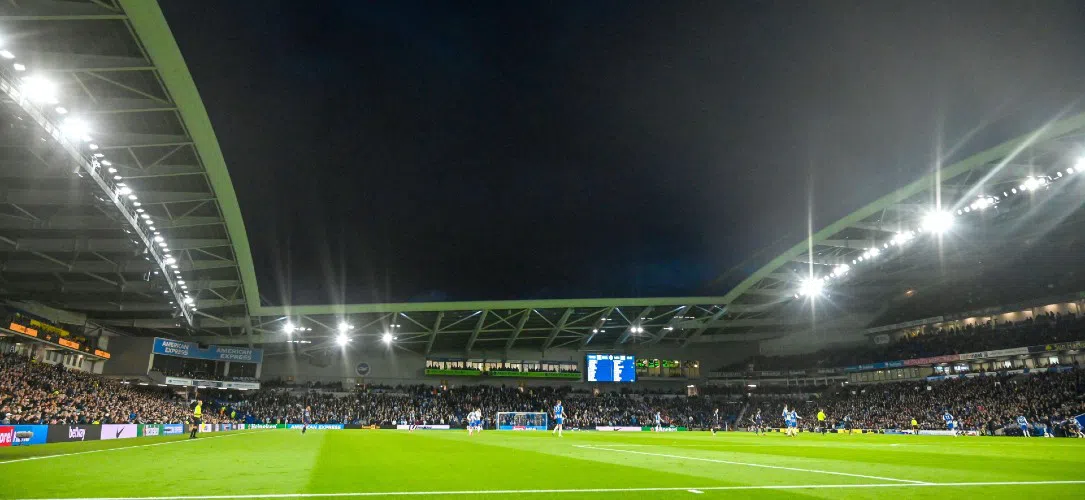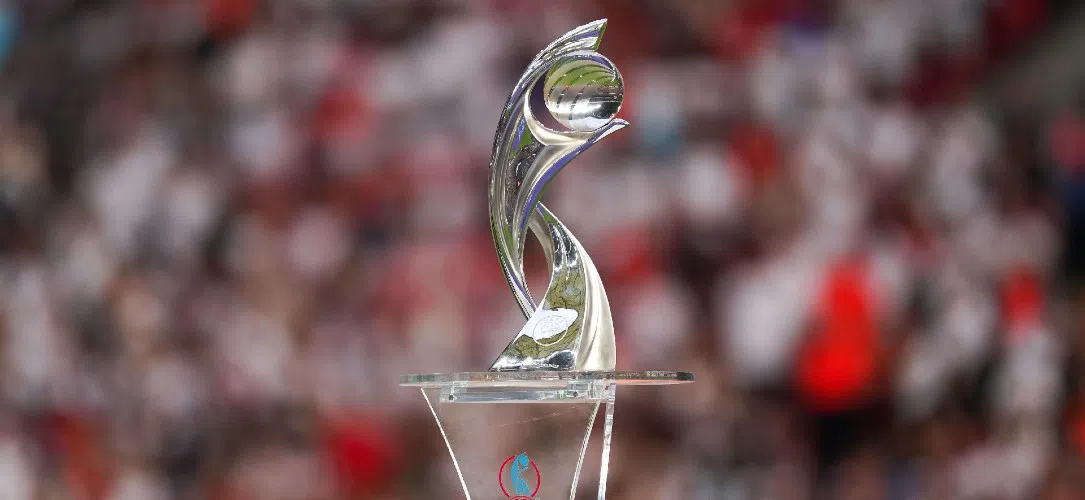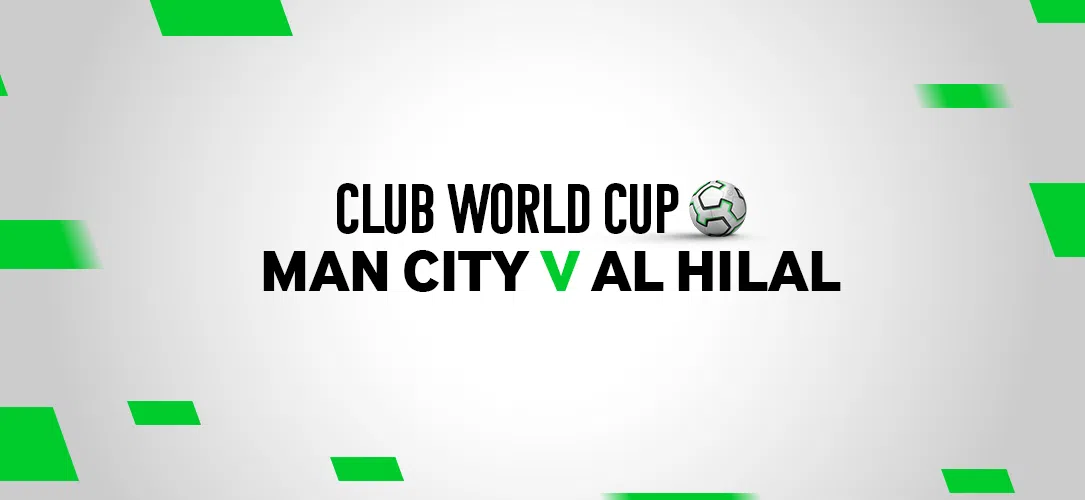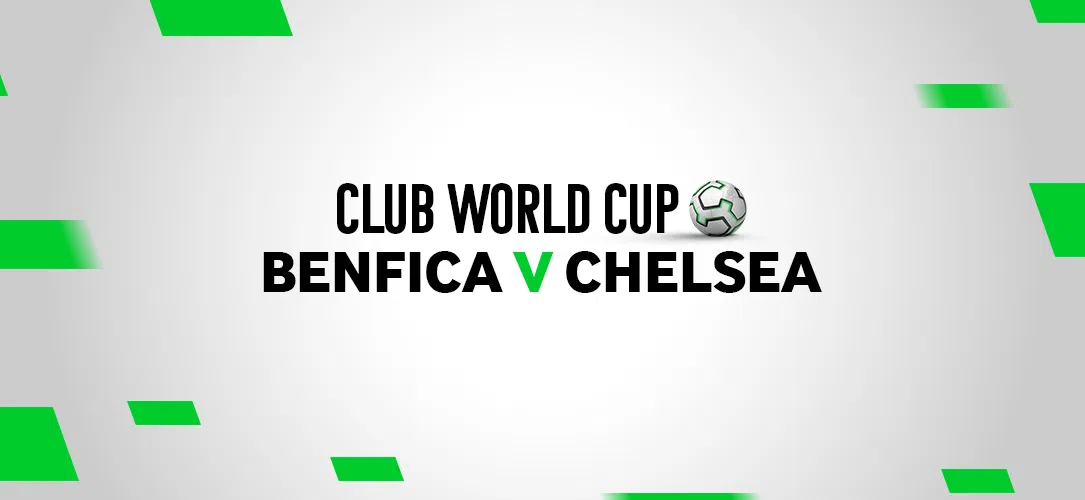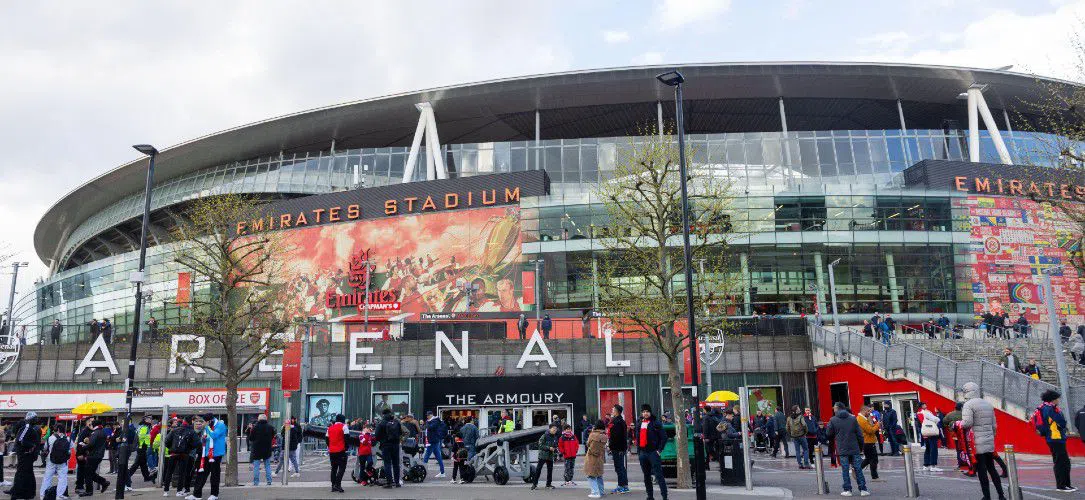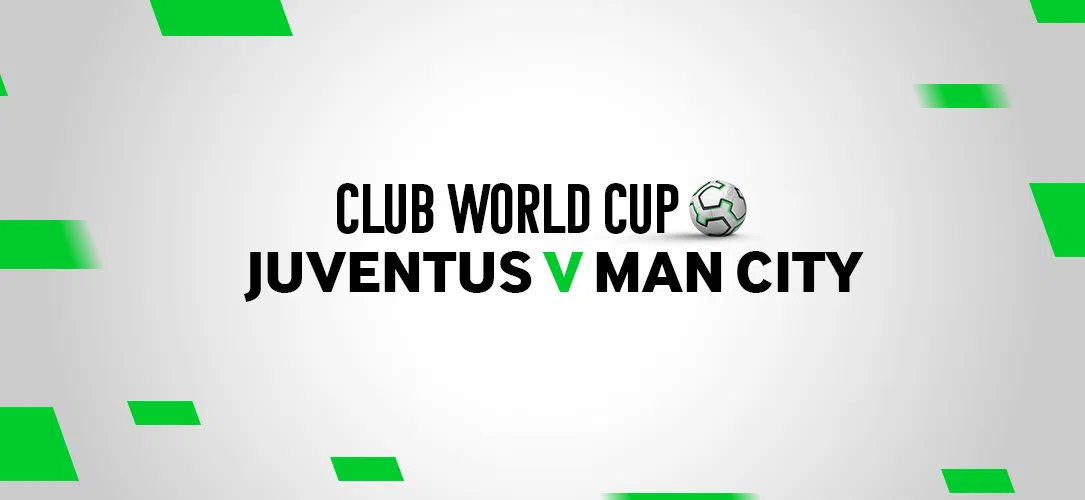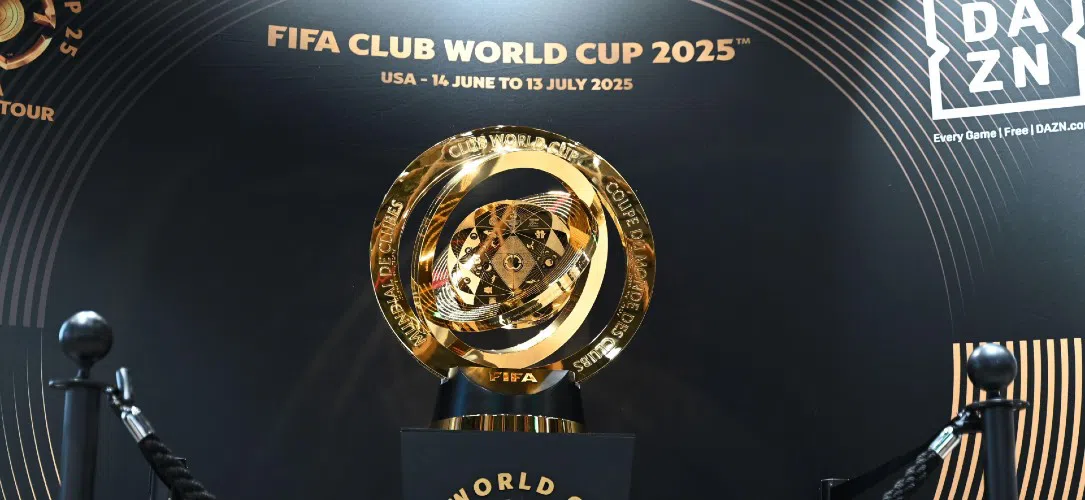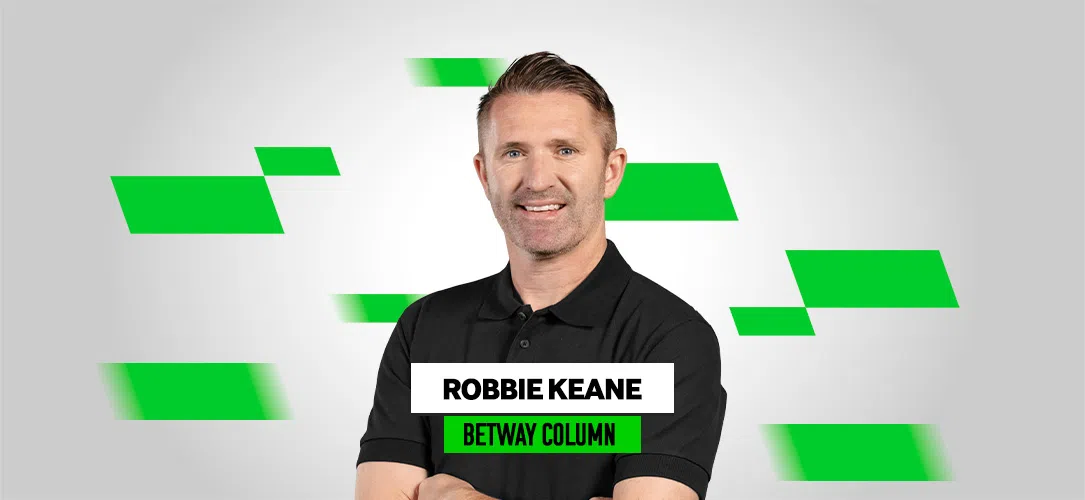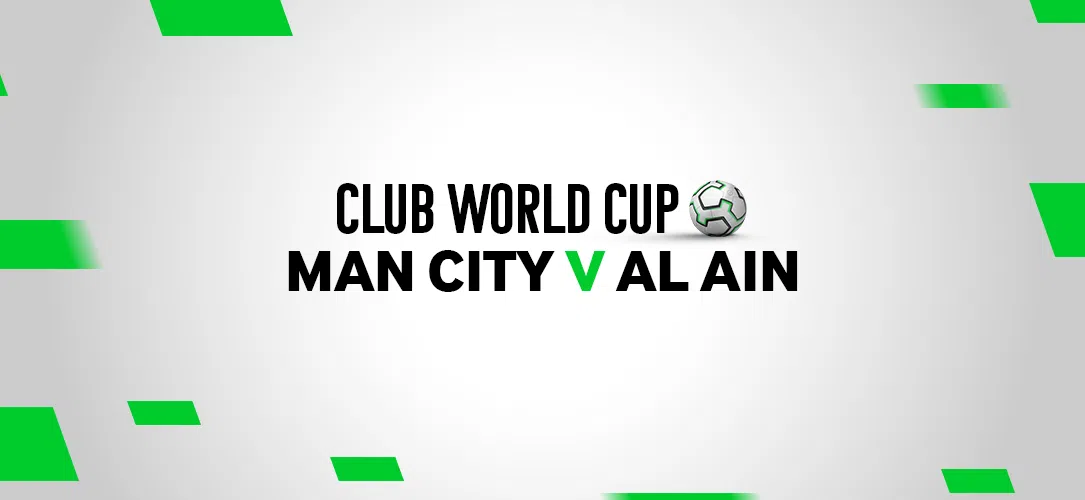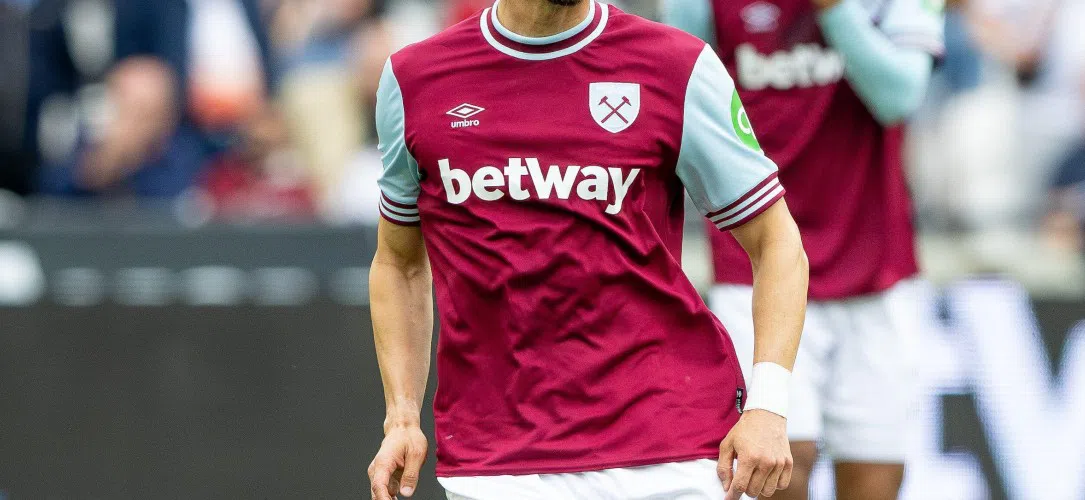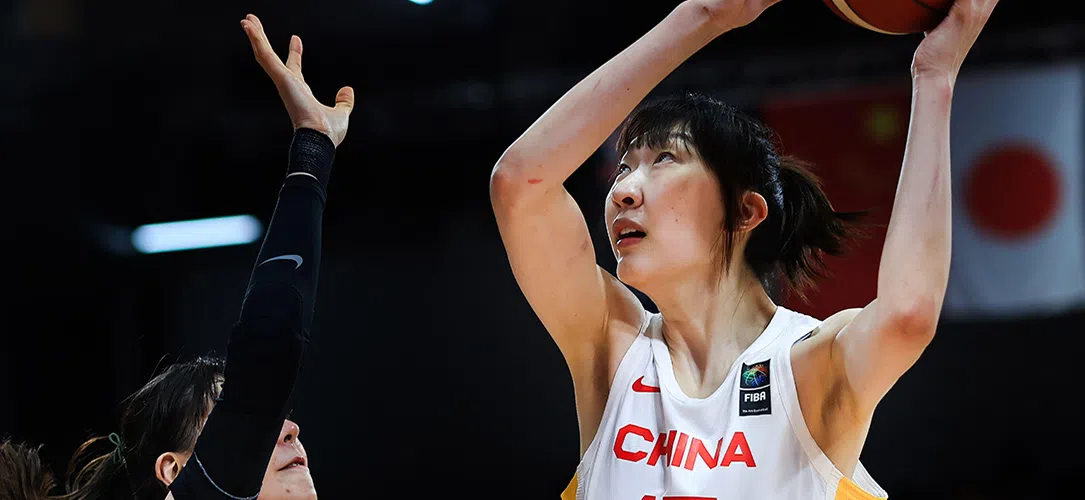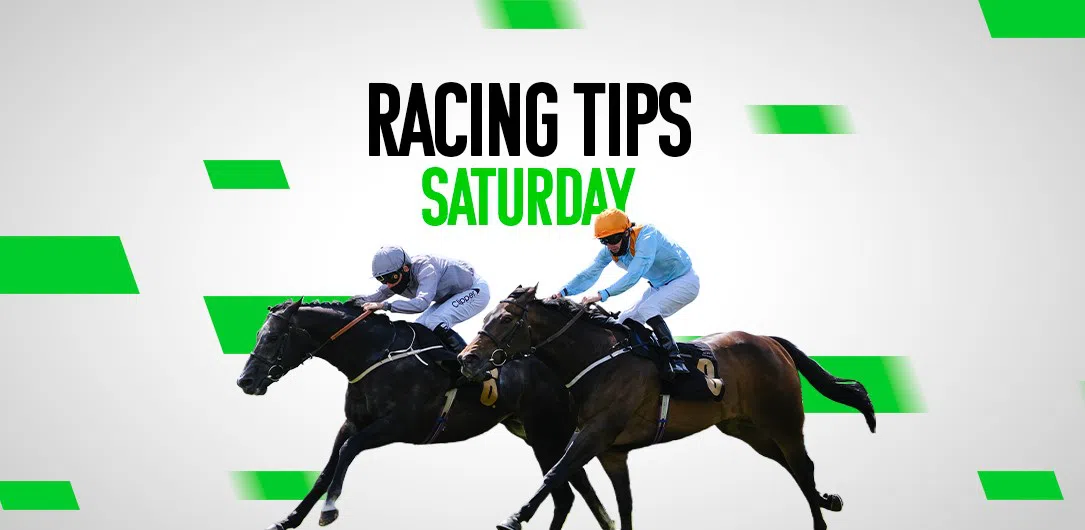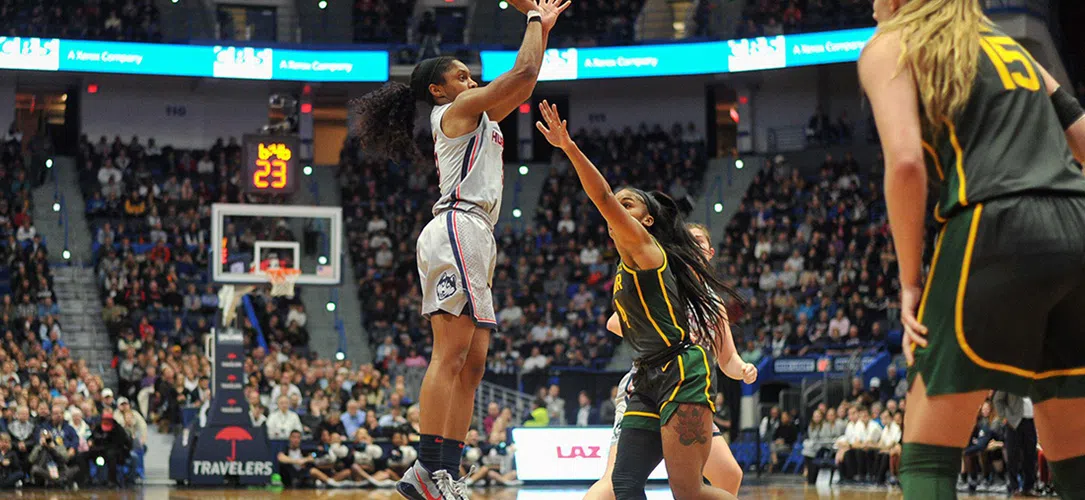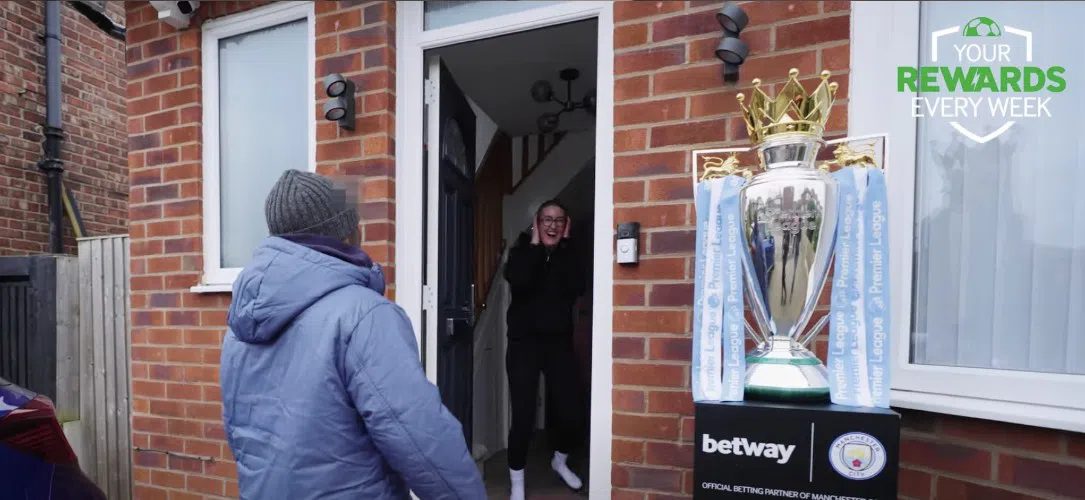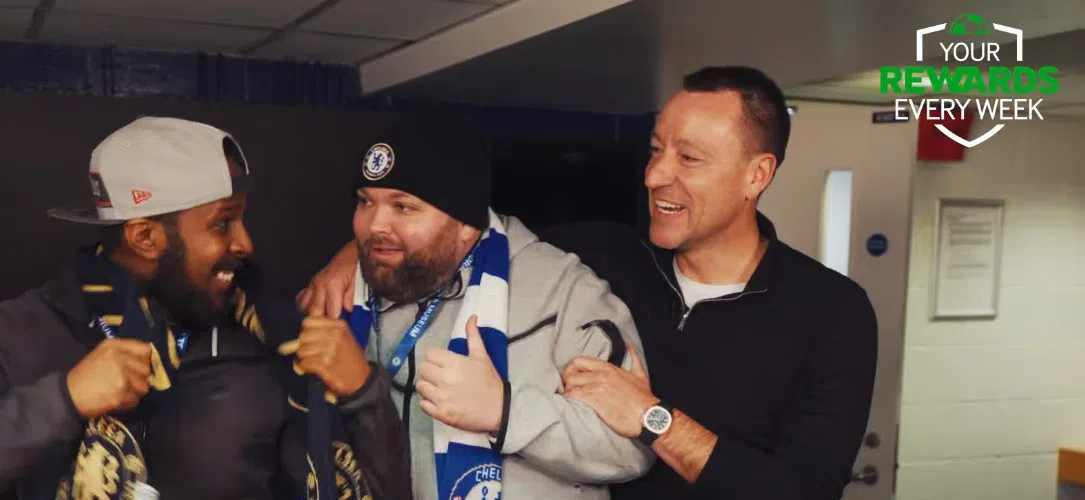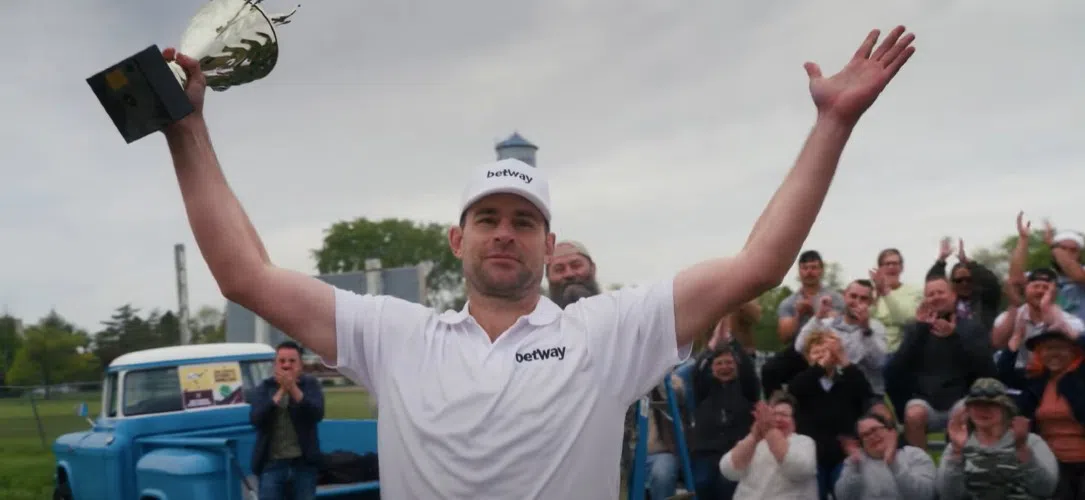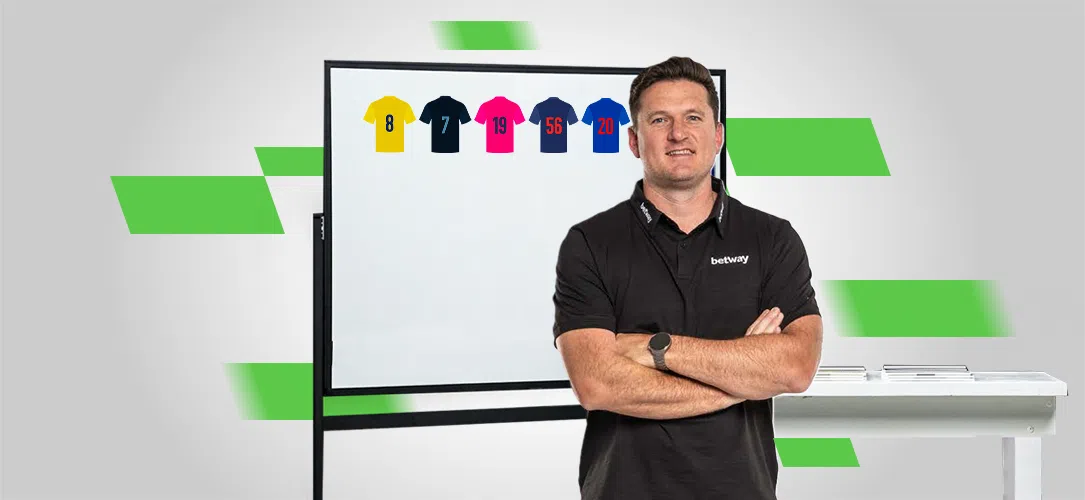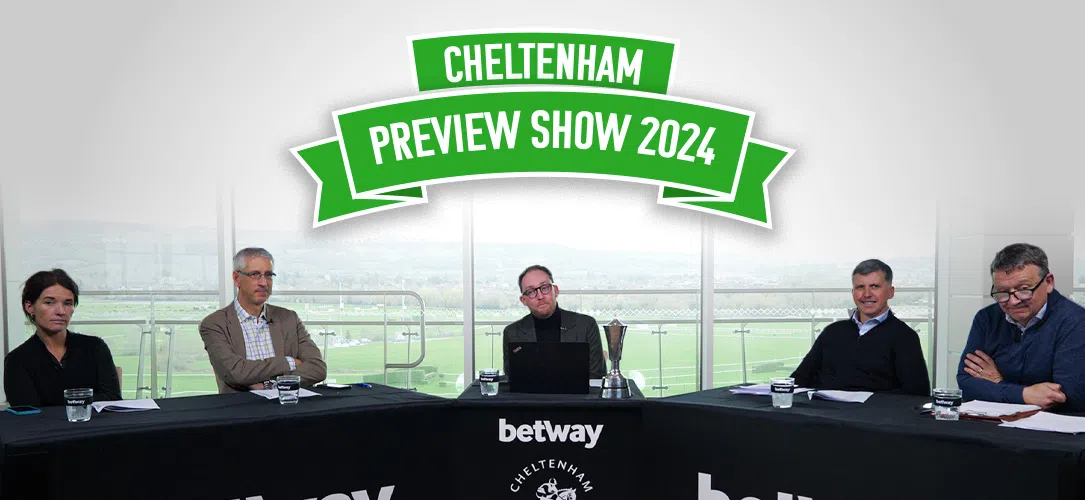With the start of the 2015/16 season just days away, we look back on some of the English top flight's most significant first-game moments
David Beckham announces himself at Selhurst Park (1996)
Goals from Charlie Adam and Wayne Rooney in the last two Premier League seasons have been compared to David Beckham’s iconic strike at Selhurst Park on the opening day of the 1996/97 campaign. Both demonstrated incredible skill and vision, but neither come close to the latter’s.
The daring imagination and perfect pitching-wedge technique – alongside the sweet thud as his boot connected with the ball and the feint ripple when it hit the net – make it like watching a timeless television show from the nineties: the haircuts and clothes might have dated, but watching it now remains as enjoyable as it was then.
The nonchalant celebration – there was no attempt at a robot – announced Beckham, already a league and FA Cup winner, as a superstar and the heir-apparent to the club’s famous No. 7 shirt, which would soon become vacant following the shock retirement of Eric Cantona at the end of the season.
8/13 – Manchester United to beat Tottenham in the opening game of the Premier League
… And begins his post-World Cup rehabilitation against Leicester (1998)

Building a brand isn’t easy, though, and Beckham found himself to be the UK’s most-hated public figure in the summer of 1998.
The level of contempt and vitriol directed at him following his petulant red card against Argentina at the World Cup was curious at the time, but even more so now when considering his standing as one of the country’s most popular men and globally-recognisable figures.
Like comparing two Michael Jackson album covers, that it is the same person is scarcely believable. But the future England captain’s response was ultimately the making of him – not as a brand ambassador, national treasure or high-street fashion underwear model, but as a footballer who, in his prime, was one of the world’s best.
He scored more impressive free-kicks, but Beckham’s late equaliser to salvage a 2-2 at home to Leicester on the opening day of the 98/99 season was prescient. Injury-time goals became a signature of Manchester United’s season, while the contribution of the midfielder – who finished the year as runner-up for the Ballon d’Or – was vital in securing their historic treble.
5/1 – Manchester United to win the Premier League
Fabrizio Ravanelli’s hat-trick debut (1996)

The one constant of the ever-evolving Premier League is the visceral buzz generated by the arrival of a big-name, foreign import.
Fabrizio Ravanelli, the prolific Italian international and Champions League winner with Juventus, joining Middlesbrough prior to 1996/97 season remains arguably the division’s biggest coup.
The sight of the suave, silver-haired No. 11 on Teeside was both unfamiliar and exciting, like when a work colleague brings their dog into the office. (That he made his debut in a kit that had the badge on the left sleeve only added to the mystique.)
Ravanelli enjoyed the perfect debut, firing a hat-trick against Liverpool at the Riverside.
The match ended 3-3 and proved to be a microcosm of the home side’s campaign: plenty of panache in attack – they reached both domestic cup finals – but defensively culpable.
The striker departed shortly after Boro’s relegation from the top flight, although his famous celebration – running wildly with his shirt pulled over his eyes – was hazardously repeated on playgrounds for years to come.
15/8 – Middlesbrough to get promoted to the Premier League
Arsenal hit Everton for six (2009)

Four years on from their last trophy, Arsenal and an under-pressure Arsene Wenger was confident his unheralded squad – which featured the likes of Manuel Almunia, Denilson and Nicklas Bendtner – were capable of mounting a serious, sustained title challenge for 2009/10.
A swashbuckling, emphatic 6-1 thumping at the home of David Moyes’ robust Everton – one of the toughest away days of the season – then, was both the perfect start to their season and riposte to their critics.
Sadly for the principled Frenchman, who we now know was also secretly hamstrung by the cost of moving to the Emirates Stadium, the players he showed such demonstrable faith in were only capable of third place, finishing 11 and 10 points behind champions Chelsea and runners-up Manchester United respectively.
When the Gunners finally ended their silverware drought in 2013 by defeating Hull City to win the FA Cup, only one player who started at Goodison four years earlier – the soon-to-be departed Bacary Sagna – was in Wenger’s first 11 at Wembley.
4/1 – Arsenal to be top of the Premier League at Christmas
Jurgen Klinsmann takes a dive (1994)

Jürgen Klinsmann signing for Tottenham in 1994 represented one of the first transfers where a genuinely world-class player opted to join the Premier League from overseas.
The German World Cup winner was not universally adored to begin with, though, partly because of his reputation as a player who too readily engaged in theatrics in order to gain an advantage.
But that perception soon changed when, after powering home a debut goal in a thrilling 4-3 win at Sheffield Wednesday, Klinsmann threw himself headfirst to the grass in humorous self-deprecation.
All was forgiven, while the celebration became instantly iconic. So much so that even football fans who were not old enough to remember it at the time – this writer included – gleefully replicated the German striker’s manoeuvre during the summer months when lunch-time football matches moved from the tarmac playground to the adjacent playing field.
Klinsmann, meanwhile, departed Spurs after less than a year, but his influence – both at the club and on the league itself – is still felt today.
15/2 – Tottenham to finish in the top four
You can’t win anything with kids (1995)
It is the line that will be mentioned to Alan Hansen more than any other when taking part in charity golf days, after-dinner speaking and however else the former Match of the Day analyst spends his well-deserved retirement.
Hansen’s entrance into popular culture following Manchester United’s 3-1 defeat at Aston Villa on the opening day of the 1995/96 season – the kids, of course, went on to win a league and cup double – was unfortunate, but it serves as a fine example of how far his influence reached.
The tightly-formatted running of the BBC show reduces the pundits to essentially talk in soundbites, which makes providing genuine analysis even harder to achieve.
The former Liverpool defender may have famously got it wrong on that occasion, but his ability to be forthright and substantial in his views while remaining articulate – which he did for more than 20 years – was rare. It is a skill that some of his successors – both on the BBC and other stations – are still to master.
Kieron Dyer lets down Sir Bobby (2004)

Sir Bobby Robson was a man under pressure at the beginning of the 2004/05 season, having failed to deliver Champions League football to Newcastle for a third successive season the year before. (How the Magpies would relish such disappointment now.)
So it helped no-one when then-England international Kieron Dyer refused to play on the right-wing for the club’s opening game of the season away at Middlesbrough, which ended 2-2.
Robson defended his player in public – which is more than he deserved – but his authority had been undermined. Three winless games later and the former England boss had been sacked.
Dyer, who remained at St James Park for several more years before transferring to West Ham, was on a pre-season tour in China in 2009 when he learnt of Robson’s passing and broke down during the minute’s silence.
Dyer confirmed he was thinking back to the moment when he badly let down his former manager, revealing it to be his greatest regret. For a player of such unfulfilled promise and boasting several other indiscretions, it is telling.
22/1 – Newcastle to top the Premier League without the big six
Premier League 2015/16 betting
READ: Jack Lang: Wayne Rooney could be Manchester United’s trump card

